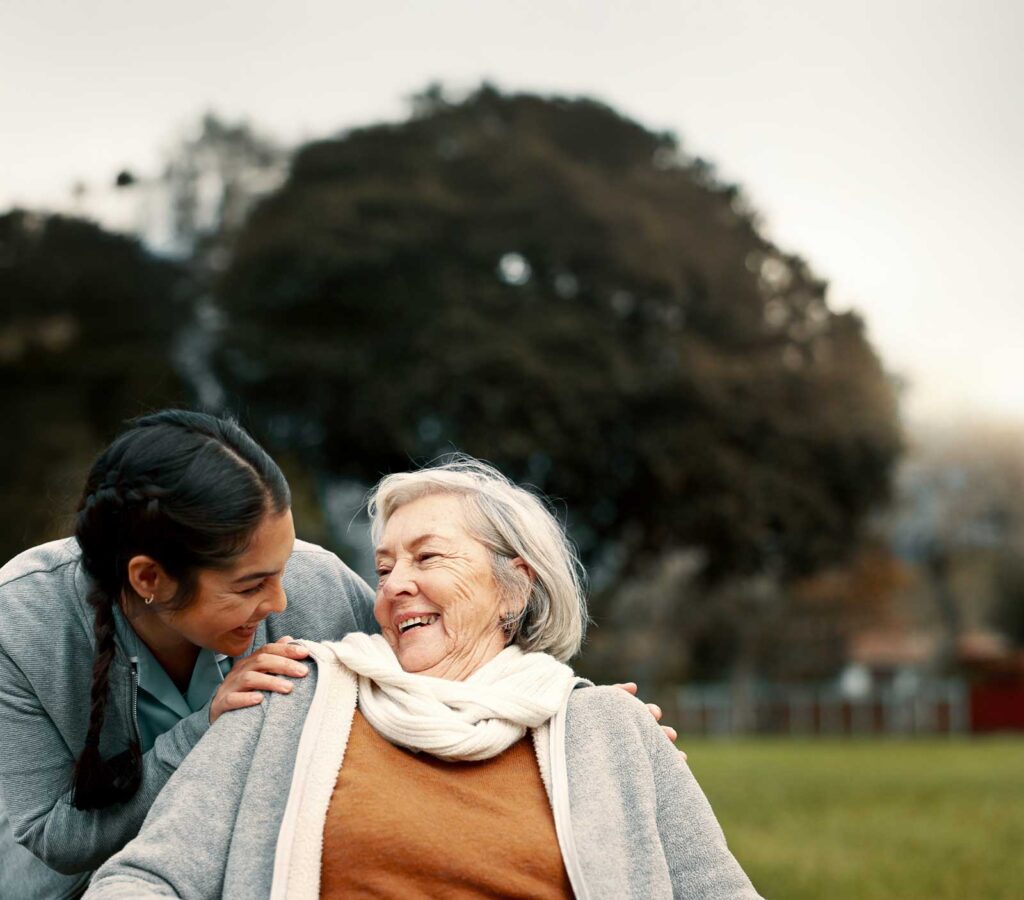Caring for someone you love as they face cancer, dementia, or any serious diagnosis is an experience that defies easy description. It’s a journey filled with highs and lows, triumphs and heartbreaks, and moments of profound connection. While each caregiving story is unique, I hope sharing mine can offer a sense of solidarity and understanding to others walking this path.
The Early Days – Finding My Role. When I first stepped into the role of caregiver, I felt a mix of determination and fear. Determination to be strong for them, and fear that I wouldn’t be enough. There’s no handbook for this; you learn as you go—navigating doctor appointments, medications, side effects, and emotions, all while trying to be a steady presence in an unsteady world.
Balancing Strength and Vulnerability – As a caregiver, you’re expected to be a pillar of strength. But here’s the truth: strength doesn’t mean suppressing your emotions. I learned that tears are not a sign of weakness—they’re a testament to the depth of your love and the gravity of your loss. Embracing vulnerability allowed me to connect more deeply, both with my loved one and with myself.
The Small Wins Matter – Through the whirlwind of treatments and the shadow of the illness, I learned to celebrate small victories: a day without pain, a moment of laughter, or even just sitting together in silence. These small wins became cherished memories, reminding me that joy can coexist with sorrow.
Clarity About What Truly Matters – There were days I felt helpless, exhausted, and overwhelmed. Watching someone you love struggle is a weight no one can fully prepare for. Yet, those moments of hardship also brought clarity about what truly matters: love, presence, and making every moment count.
The Gift of Respite Care – One of the most valuable lessons I learned during this journey was the importance of respite care. Taking time to rest and recharge was not only essential for my own well-being but also helped me be a better caregiver. Respite care gave me the space to step back and breathe, whether it was for a few hours or a few days, while knowing my loved one was still receiving compassionate, professional support. It reminded me that self-care is not selfish—it’s a necessity.
Caregiving has forever changed me. It taught me patience, resilience, and the power of showing up, even when you feel like you have nothing left to give. It’s a role I never asked for, but one that I’m grateful to have embraced. The love and lessons I carry from this journey will stay with me always
To Fellow Caregivers – If you’re reading this as someone in the thick of caregiving, I want to remind you: you’re not alone. Reach out for support when you need it. Honor your own needs, too, because you can’t pour from an empty cup. And remember – the most important gift you can give is your presence and your love.
Finding the Right Support
At NexStep, we understand the emotional, physical, and logistical challenges caregivers face. That’s why we offer personalized care coordination and in-home medical support designed to ease your burden—so you can focus on what matters most. Whether you’re caring for a loved one facing a complex diagnosis or simply need a break, our team is here to help you navigate the journey with compassion and clarity.
Visit www.nexstephealth.com to learn more about how we support caregivers and families every step of the way.


